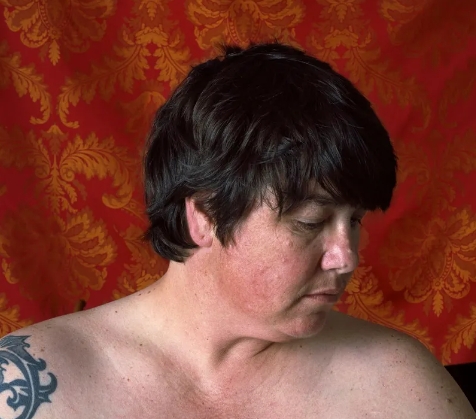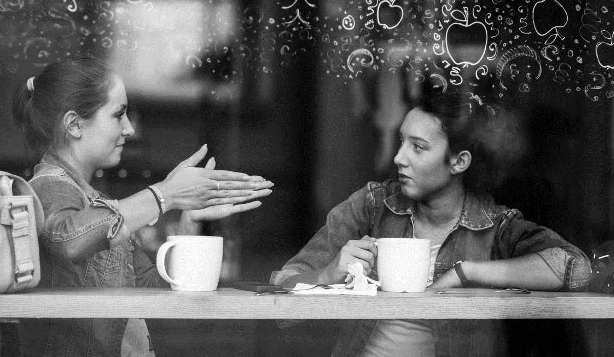Catherine Opie is a renowned American photographer known for her powerful self-portraits that explore themes of identity, gender, and sexuality. Through her striking images, Opie challenges conventional notions of beauty and presents a raw and unfiltered glimpse into her own personal journey.
Self-Portraits as a Tool for Self-Exploration
Opie uses self-portraiture as a way to confront and explore her own identity. Through her lens, she captures moments of vulnerability, strength, and introspection. Opie’s self-portraits serve as a visual diary of her evolving sense of self and serve as a reflection of the complexities of human identity.
Challenging Gender Norms
In her self-portraits, Opie challenges traditional gender norms and expectations. She presents herself in various roles and personas, breaking free from societal constraints and exploring the fluidity of gender expression. Opie’s images serve as a protest against rigid gender binaries and celebrate the beauty of individuality and self-expression.
Embracing Queer Identity
Opie’s self-portraits also explore her queer identity and experiences. Through her images, she celebrates love, desire, and intimacy within the LGBTQ+ community. Opie’s work is a celebration of queer love and relationships, challenging heteronormative narratives and advocating for greater visibility and acceptance for LGBTQ+ individuals.
Exploring the Body
Opie’s self-portraits often focus on the body as a site of identity and self-expression. Through her images, she challenges societal ideals of beauty and perfection, embracing imperfections and flaws as integral parts of her identity. Opie’s raw and unapologetic depiction of the body serves as a powerful statement against body shaming and encourages viewers to embrace their own unique beauty.
In conclusion, Catherine Opie’s self-portraits are a powerful testament to the complexities of identity and the beauty of self-exploration. Through her lens, she challenges societal norms, celebrates individuality, and invites viewers to reflect on their own sense of self. Opie’s work is a reminder that identity is fluid, multifaceted, and deserving of celebration and respect.



